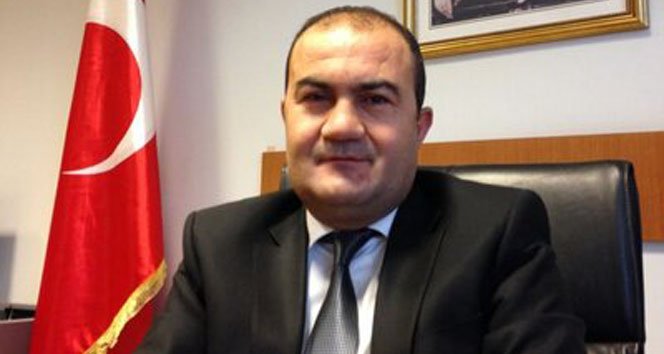Human rights activists on Wednesday campaigned on social media to draw attention to the problem of arbitrary denial of parole, a practice that specifically targets people imprisoned on political grounds in Turkey.
As part of the campaign, the activists highlighted the stories of prominent victims such as Mustafa Başer, a former judge incarcerated in Ankara who has been denied parole for almost three years despite suffering from cancer.
Behind bars for more than nine years, Başer was sentenced to 10 years on charges of links to the faith-based Gülen movement. He has been eligible for parole since September 2021.
Turkish President Recep Tayyip Erdoğan has been targeting followers of the Gülen movement, inspired by Turkish Muslim cleric Fethullah Gülen, since the 2013 corruption investigations, which implicated then-prime minister Erdoğan, his family members and his inner circle.
Dismissing the investigations as a Gülenist coup and conspiracy against his government, Erdoğan designated the movement as a terrorist organization and began to target its members. He intensified the crackdown on the movement following an abortive putsch in 2016 that he accused Gülen of masterminding. Gülen and the movement strongly deny involvement in the coup attempt or any terrorist activity.
Başer was arrested in May 2015, days after he ruled to release police chiefs who were arrested over their involvement in the 2013 graft probes.
The social media campaign also pointed out the arbitrary reasons for which prison parole boards denied release to political prisoners.
Özcan Solmaz, a former teacher dismissed from public service by a post-coup decree-law, was denied parole on the grounds that “he was not psychologically prepared for adaptation to social life.”
Another example was Turan Canpolat, a lawyer incarcerated in Elazığ who has been denied parole since July 2022.
While Turkish law allows for the early release of convicts who have served a designated portion of their sentences, parole boards created within prison administrations in January 2021 were given discretionary powers in granting or refusing this early release.
In the last few years many reports have revealed denial of parole to political prisoners, particularly those imprisoned over Gülen links or pro-Kurdish political engagement, on arbitrary grounds such as “failure to display remorse.”
According to the Human Rights Association (İHD), these bodies postponed the release of a total of 384 prisoners between 2021 and 2023.
















